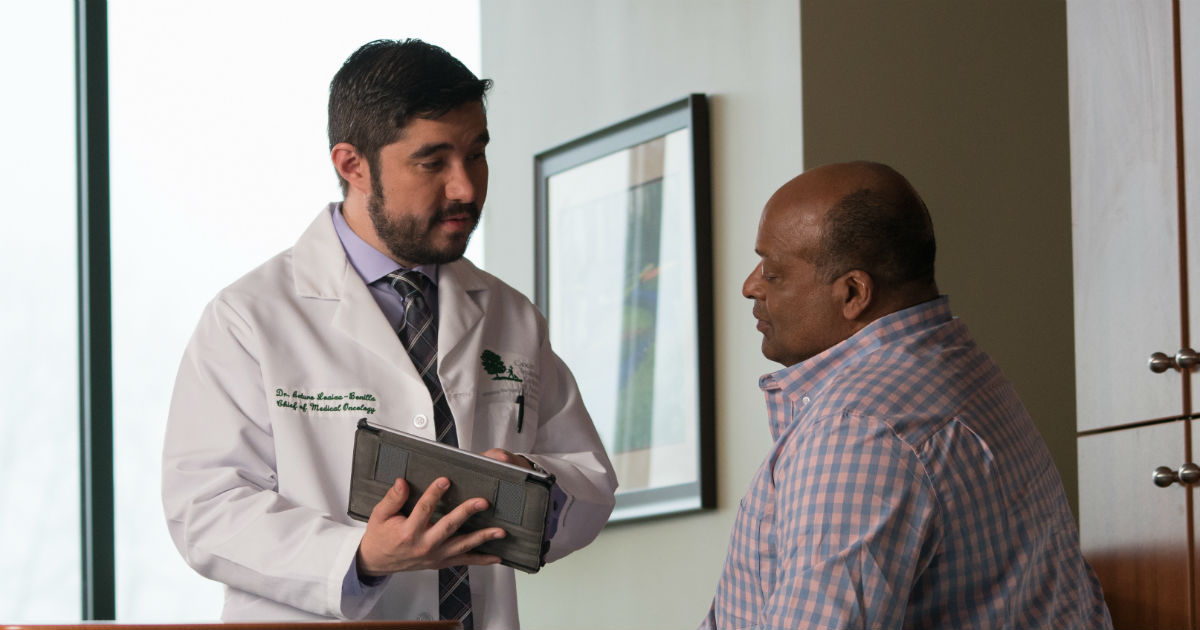
Should annual checkups with your doctor go the way of the mercury thermometer? Two doctors think so, and their suggestions are causing a stir throughout the medical community. But before you cancel that physical, it’s important that you consider all sides of the now-simmering debate.
It began with the Oct. 15 publication of the New England Journal of Medicine, which included an editorial by Dr. Ateev Mehrotra, an associate professor of health care policy and medicine at Harvard Medical School and Hospitalist at Beth Israel Deaconess Medical Center and Dr. Allan Prochazka of the University of Colorado Denver. Doctors Mehrotra and Prochazka wrote that having a yearly physical is an outdated inconvenience. For most healthy people, they said, the checkups are a waste of time and money, and can result in a battery of unnecessary tests. And such visits are not effective in preventing disease, they argued.
They didn’t have the last word. In an opposing viewpoint, also published in the October 15th issue of the New England Journal of Medicine, Dr. Alan Goroll, affiliated with Massachusetts General Hospital, argued that by regularly seeing their patients, doctors can learn about many aspects of their lives that can affect their health and well-being. He advocated for improving the yearly doctor visit, not eliminating it.
While both sides make compelling arguments, the debate could confuse the millions of Americans who make a point of seeing their doctor every year. For cancer patients or those at risk of developing cancer, regular and preventative exams are critical. “For women, annual mammograms and Pap tests are very valuable,” says Maurie Markman, MD, President of Medicine and Science at Cancer Treatment Centers of America® (CTCA). “The same can be said for colonoscopies for both men and women.”
Cancer patients need to follow up with a doctor after treatment for a number of reasons. “First, there is always the issue of recurrence. Follow-up visits are important in the detection or prevention of other types of cancer,” Dr. Markman says. “In addition, cancer treatment has various side effects. Some of them are felt immediately, while others can be delayed.”
He lists other ways regular doctor visits may benefit patients, even those without cancer. “I think these visits serve a big role,” he says. “Call it a placebo effect. Patients may discuss having fatigue, headaches and other health issues. They may actually talk about stress, depression and other health-related matters. Getting a recommendation from a doctor about going to see a therapist or advice on how to get more sleep may help these patients.”
As part of his argument to reduce the number of annual physicals, Doctors Mehrotra and Prochazka note more than $10 billion is spent on annual checkups every year—about the same amount paid out to treat all lung cancer patients in the United States. The hefty price tag is not entirely justified, says Dr. Markman, who sees multiple opportunities for cost savings. “There are elements of an annual physical that are very valuable, but do not require a doctor. Checking blood pressure, for example, can be done by a nurse practitioner,” he says. “The result would be freeing up doctors to treat patients with more urgent health issues.”
Some of those urgent matters will involve cancer patients. Because of the nature of health care, many patients may begin treating with a cancer specialist, but eventually return to their primary care physicians, for treatment closer to home. “There just aren’t enough oncologists,” says Dr. Markman.
In the medical community, the debate is far from over. For patients with questions about annual exams, ask your physician. A yearly check-up could be just what the doctor ordered.
Learn about cancer screenings, who should get them and for which cancer types.
